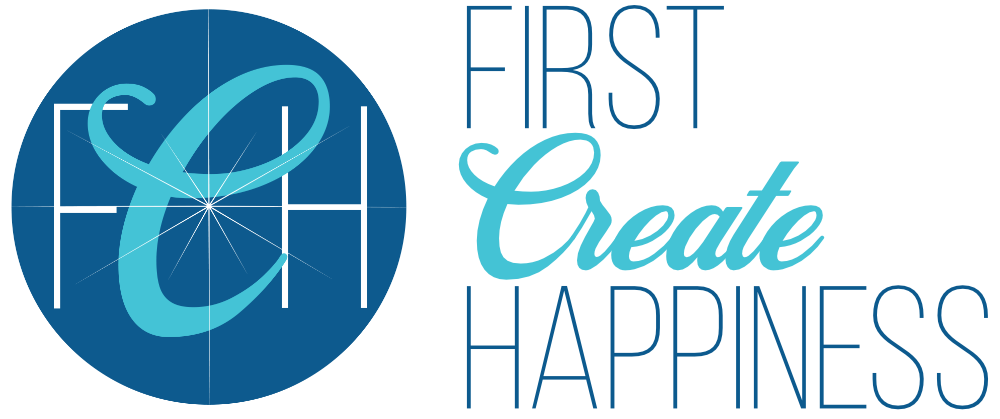Kindness Is Not a Luxury: It's Our Evolutionary Superpower

Kindness requires courage. The courage to walk in someone else’s shoes, if even momentarily. To feel what they are feeling, to know what they are experiencing without judgment.
Tara Cousineau, The Kindness Cure
We often think of kindness as something extra. A soft touch. A nice-to-have. But science, and real-life stories, tell a very different tale: kindness is essential to human happiness, to our health, and even to our survival.
Like gratitude, kindness has been scientifically proven to increase happiness. But its magic doesn’t stop there. When you practice kindness, you become a modern-day Johnny Appleseed, scattering seeds of goodwill that take root in places you may never see. Those seeds? They grow into moments of relief, ripples of hope, and even life-altering transformations. All because you chose to care.
Evolution Didn't Choose the Cruel—It Chose the Connected
Modern society tends to glorify the idea of “survival of the fittest,” a phrase popularized (but often misunderstood) from Darwin’s Theory of Evolution. It’s been interpreted to mean that only the strongest, smartest, and most ruthless will make it. We’ve built a cultural narrative around dominance, competition, and the idea that life is a zero-sum game.
But what if we’ve got it backward?
In his book Web of Life, physicist Fritjof Capra flips the script:
“Life did not take over the globe by combat but by networking.”
Even Darwin eventually agreed. In The Descent of Man, he wrote that sympathy, community, caregiving, and generosity are all part of our evolutionary inheritance.
We didn’t get here by tearing each other down.
We got here by lifting each other up.
A Tale of Two Islands: Fiction vs. Reality
You may remember Lord of the Flies, William Golding’s haunting novel about schoolboys descending into savagery after a plane crash leaves them stranded. It’s become a cultural shorthand for the idea that, when left to our own devices, we become selfish, violent, and power-hungry.
But that story was fiction.
In 1966, a very real—and very different—story unfolded in the South Pacific. Six boys from Tonga, aged 13 to 16, stole a boat from their Catholic boarding school in search of adventure (and a better meal). A storm shredded their sail and snapped their mast. They drifted for eight days before washing up on the uninhabited island of ‘Ata. They were stranded there for 15 months.
But instead of chaos, they created community.
They built a garden. Constructed shelters. Took turns tending a signal fire that burned for over a year. They established rules and routines, resolved conflicts with “timeouts,” and ended each day with music from a handmade guitar strung with coconut fiber and steel wire. When Australian fisherman Peter Warner eventually rescued them, he found a thriving little society, powered by friendship, cooperation, and shared purpose.
Dutch historian Rutger Bregman shared their story in Humankind: A Hopeful History as a direct challenge to Golding’s bleak vision of human nature.
“The real Lord of the Flies is a tale of friendship and loyalty,” Bregman writes. “It illustrates how much stronger we are when we can lean on each other.”
The Science of Kindness: It's in Our Chemistry
Modern neuroscience agrees. When we perform acts of kindness, our bodies reward us with a cocktail of feel-good chemicals:
- Serotonin (calming, healing, and mood-boosting)
- Endorphins (natural painkillers that create a sense of well-being)
- Oxytocin (the “love hormone” that deepens social bonds)
- DHEA (linked to slower aging and increased libido)
- And even a reduction in cortisol, the stress hormone that wears us down
In short: kindness is good for your brain, your heart, your immune system—and your soul.
But the benefits don’t stop with the giver. Kindness has a ripple effect.
Ripple Effects and Drive-Thru Miracles
Studies from Harvard show that even witnessing an act of kindness inspires people to pass it on. This is sometimes called the “moral elevation” effect—when one good deed begets another, and then another.
In Thank & Grow Rich, Pam Grout shares the story of a man who received a surprise at a coffee drive-thru: the person in front of him had paid for his order. Touched, he paid for the car behind him. The pay-it-forward chain lasted for four and a half hours.
That’s the power of kindness. One spark can light a wildfire of goodwill.
Kindness Isn’t a Weakness, It’s a Rebellion
In a world often fueled by division and cynicism, kindness is a form of quiet revolution. It’s not about being soft. It’s about being strong enough to care.
So next time you wonder if a small act of kindness really matters, remember this:
You’re not just being nice.
You’re planting seeds.
You’re lighting fires.
You’re shaping evolution itself.
One kind act at a time.
Image: Brittani Burns, Unsplash

About the author
Cindi Bergen
Cindi has a master’s degree in Instructional and Performance Technology, and has studied positive psychology and Appreciative Inquiry (a transformational change methodology grounded in the disciplines of sociology, psychology, and organizational behavior). She spent her career in training and development supporting a Fortune 500 company.
Her work in First Create Happiness—whether in the book, online classes, or coaching— is based on solid research pulled from the pioneers of the positive psychology movement, studies into the correlation between the heart and the brain, quantum physics, and from the spiritual masters of the unseen realm. First Create Happiness provides a roadmap for anyone who is ready to take the first step on their journey to joy, creating an authentic life that reflects who they are and the manifestation of their deepest desires.